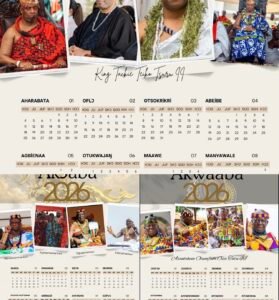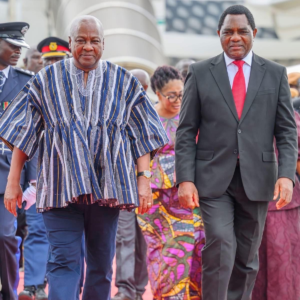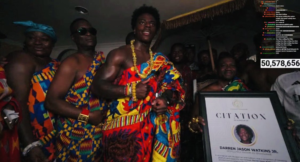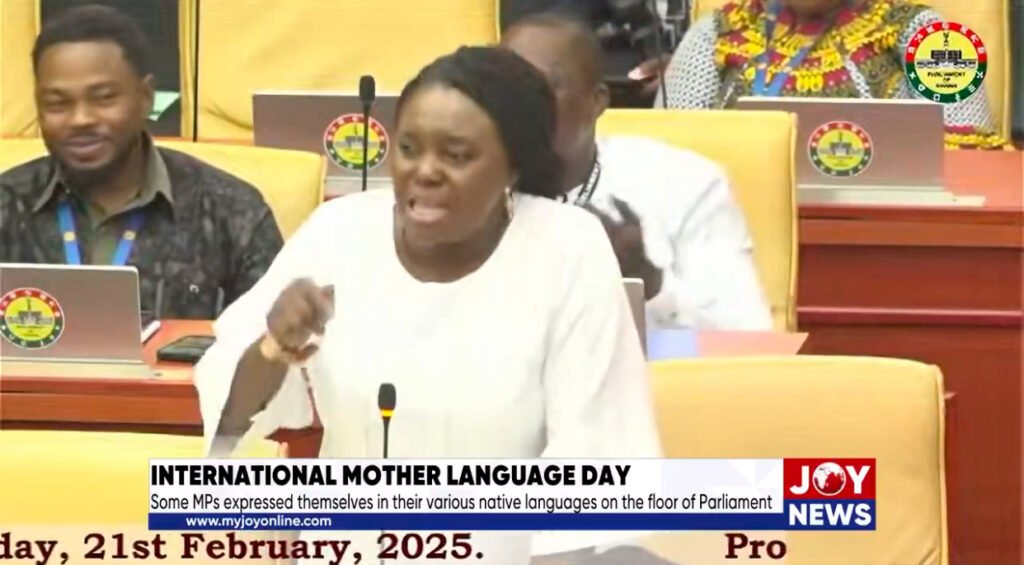
MPs during the session. Image Credit: @JoyNewsOnTV on X
Ghana’s Parliament joined the world in celebrating International Mother Language Day by allowing Members of Parliament to speak in their native languages during proceedings. This special session highlighted the country’s rich linguistic diversity and the importance of preserving indigenous languages. MPs took turns expressing themselves in their mother tongues, making the day a unique and historic moment in the house.

International Mother Language Day is observed every year on February 21 to promote linguistic and cultural diversity worldwide. The day was first declared by UNESCO in 1999 and later recognized by the United Nations to encourage the preservation and protection of all languages, especially those at risk of disappearing.
The celebration traces its origins to Bangladesh, where students lost their lives in 1952 while advocating for the recognition of their mother tongue, Bengali. Their sacrifice led to the establishment of the day as a reminder of the importance of linguistic rights and inclusion.
In Ghana, where over 80 languages are spoken, International Mother Language Day serves as an opportunity to promote local languages and encourage their use in education, governance, and everyday life. The initiative taken by Parliament aligns with efforts to ensure that indigenous languages remain relevant in national discourse.
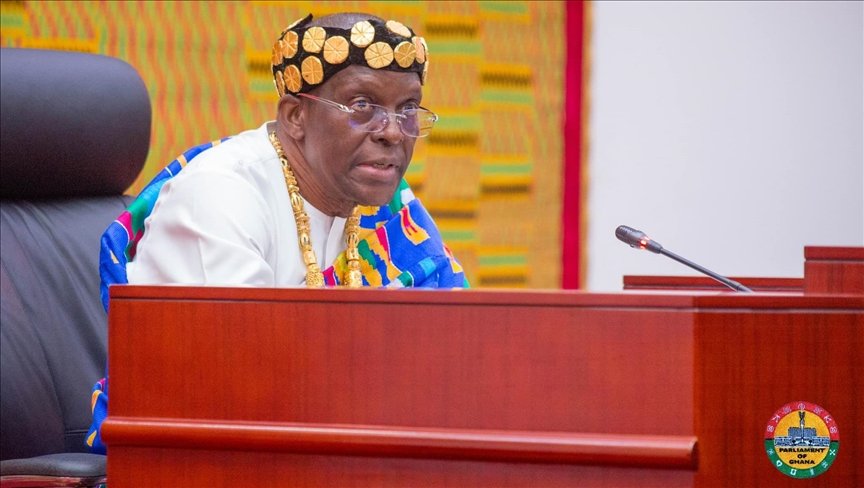
On February 15, 2024, Speaker of Parliament Alban Bagbin sparked a national conversation when he raised the issue of using Ghanaian languages in parliamentary proceedings. His remarks reignited discussions on the role of indigenous languages in governance and representation. While many supported the idea as a means of promoting linguistic and cultural identity in the country, the debate took a different turn when questions arose about which specific language should be adopted.

On February 5, 2025, the Independent MP for Asante Akyem North, Ohene Kwame Frimpong, made a full contribution in Parliament speaking the Asante Twi dialect of the Akan language. This further sent Ghana’s Parliament a step to the promise land of using Ghanaian languages in parliament.
With Ghana being a multilingual nation, concerns were raised about inclusivity, practicality, and the potential marginalization of certain linguistic groups. The discussion generated diverse opinions and shows both the challenges and opportunities of integrating local languages into the country’s legislative processes.
The use of Ghanaian languages in parliamentary proceedings can be found in the country’s legal framework. Order 63 of the new Standing Orders explicitly grants Members of Parliament (MPs) the right to speak in any local language, provided that interpretation and translation services are available to ensure comprehension by all. However, despite this legal backing, practical challenges such as the availability of qualified interpreters, the choice of languages for interpretation, and the cost implications continue to fuel debate on its full implementation in Parliament.
In the video, parliamentarians first spoke in their mother tongues and then provided interpretations in English. Languages such as Ga, Effutu, and various Akan dialects, including Fante, Asante Twi, Bono, Akuapem, and Wassa, were heard alongside Ewe and several Gur languages from northern Ghana, including Dagbani, Gonja, and Kusaal. It was a remarkable and joyful moment, marking the debut of these indigenous languages in Ghana’s Parliament.
The decision to allow MPs to speak in their mother tongues during International Mother Language Day is a significant step toward promoting Ghana’s linguistic heritage. It showed the importance of indigenous languages in national discourse and reinforced the need for their preservation. While some praise the initiative, others raise concerns about accessibility and the practicality of such an approach in parliamentary proceedings. Others also suggest it is about time the Government of Ghana prioritize this by employing interpreters.
What are your thoughts on this issue? Share your views with us on our social media platforms and join the conversation.
Editor: Ama Gyesiwaa Quansah

